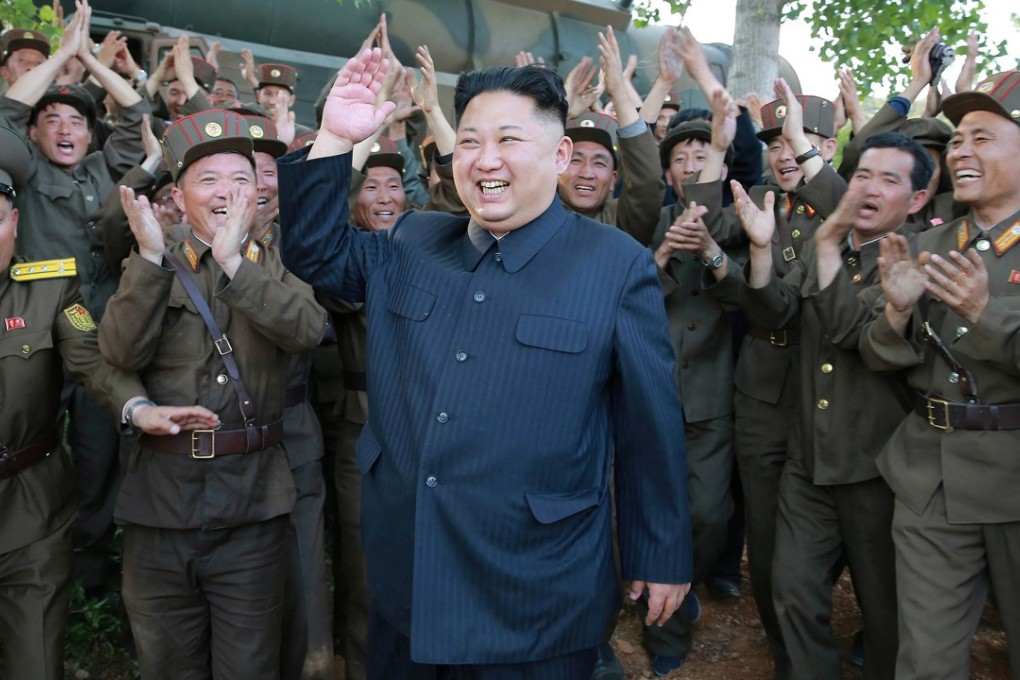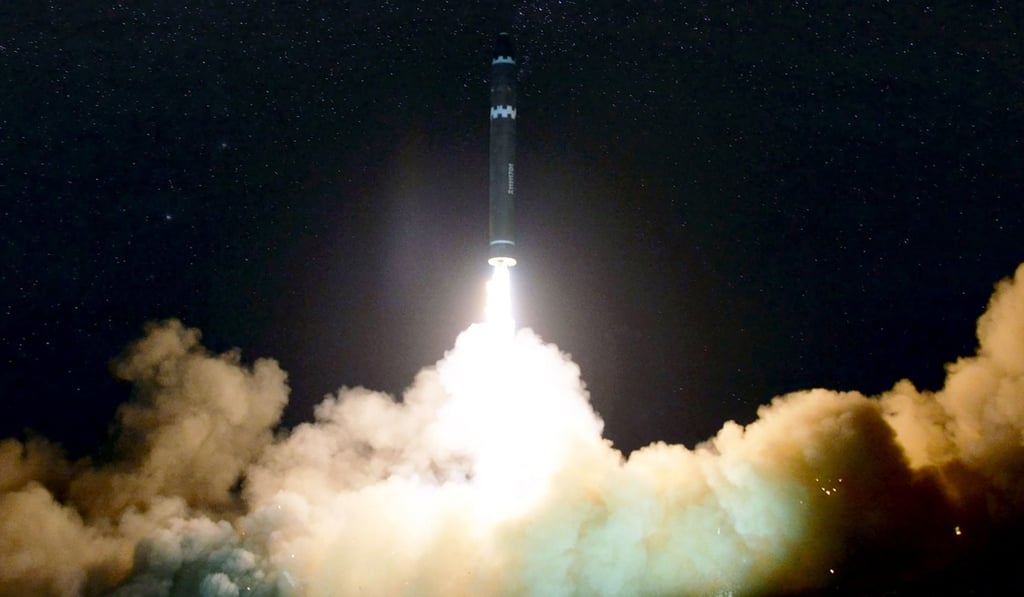Chinese politics, North Korea: the economic dark clouds to watch for in 2018
Growth is forecast for the global economy, but investors shouldn’t get too complacent – here are the events that threaten the ‘blue skies and sunshine’

The global economy will grow at its fastest rate in a decade in 2018 – signalling its return to full health after the deepest world recession in a generation – but it might be foolhardy to grin too widely just yet.
With risks ranging from the tinderbox security situation on the Korean peninsula, to jitters over Beijing’s push for greater influence in China-based foreign firms, the “blue skies and sunshine” of brisk economic expansion could easily turn to “dark clouds and destructive storms”, the global risk consultancy Control Risks has said in its outlook report for the new year.
Like in the past 12 months, the combination of strong GDP growth and low interest rates would “fuel corporate profits and stock market highs” even as signs of imminent turmoil simmer in the background, the London-based firm said.
The report released on Monday did not provide a forecast for global growth but the International Monetary Fund in October said the world economy would grow 3.6 per cent this year and 3.7 per cent in 2018 – marking the fastest growth since 2010.
“Nevertheless, 2018 presents a series of complex issues that will test the mettle of leaders of all persuasions and the optimism of investors,” said Richard Fenning, the Singapore-based chief executive of Control Risks.
